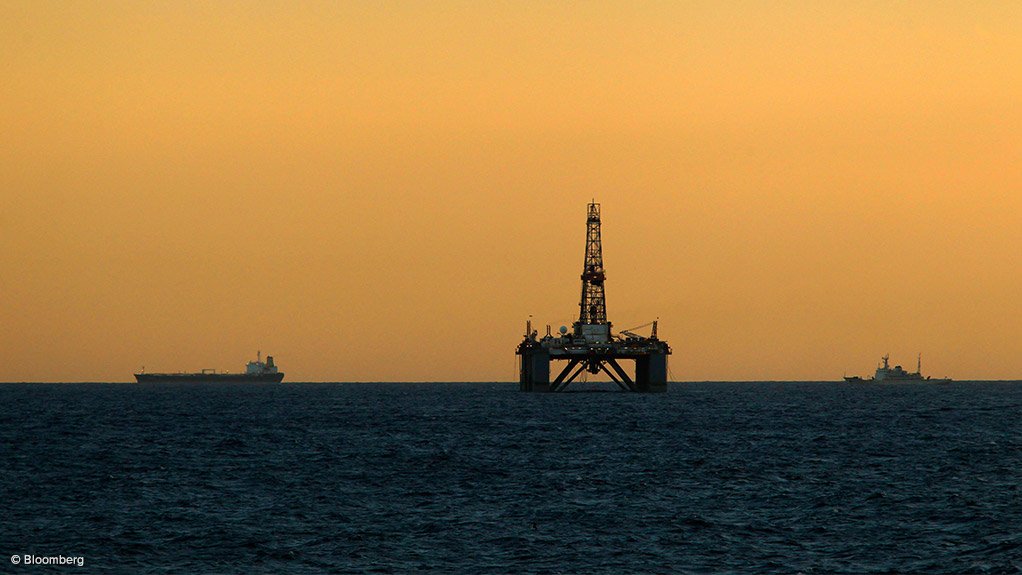A sobering new World Bank report is forecasting that sub-Saharan Africa’s growth will slow to 4% in 2015 from 4.5% in 2014, owing to weak commodity prices and the sharp fall in oil prices, which will exact a heavy toll on African oil exporters.
Excluding South Africa, whose economic performance is described as “subpar”, the average growth for the rest of the region is forecast to be around 4.7%. South Africa is expected to grow by around 2% in 2015, having expanded by 1.5% last year, the slowest rate of growth since the country’s 2009 recession.
The 2015 forecast, published in the biannual Africa’s Pulse publication, is also below the region’s 4.4% average annual growth rate of the past two decades, and well off the peak growth rate of 6.4% recorded between 2002 and 2008.
The bank says the slower expansion is reflective of sub-Saharan Africa’s vulnerability to falling commodity prices, which is resulting in terms-of-trade shocks for most commodity-linked African countries.
Thirty-six of the region’s 48 countries will experience a deterioration in their terms of trade – countries that are home to 80% of the region’s population and 70% of its economic activity.
“Overall, the initial terms-of-trade shock effect reflects a loss in the price of exports relative to imports of 18.3% for the region,” the report states.
The decline in terms of trade is about 40% for oil-exporting countries, with oil remaining the most important commodity traded in the region – oil is a top five export item in 18 countries and a top five import item for 15 countries, including South Africa.
But the gains associated with lower fuel prices for net importers such as Botswana, South Africa and Zambia are also being partially offset by losses associated with declining international prices of nickel, iron-ore and copper.
Africa’s Pulse estimates that 14 countries are “highly vulnerable” to the fall in commodity prices, as measured by a terms-of-trade deterioration greater than 10%.
Despite a marginal terms-of-trade improvement in South Africa, the beneficial effects of low oil prices on consumer purchasing power are being offset by higher fuel levies, a weaker rand, policy uncertainty and electricity shortages, which continue to hamper economic activity and export growth.
“Starting in 2016, however, growth should gradually pick up in the region as commodity prices partially recover and/or economies diversify, strengthening to 4.5% in 2016 and 4.7% in 2017. The uptick in growth will be underpinned by infrastructure investment and healthy private consumption buoyed by low oil prices,” the bank states.
EMAIL THIS ARTICLE SAVE THIS ARTICLE
To subscribe email subscriptions@creamermedia.co.za or click here
To advertise email advertising@creamermedia.co.za or click here











